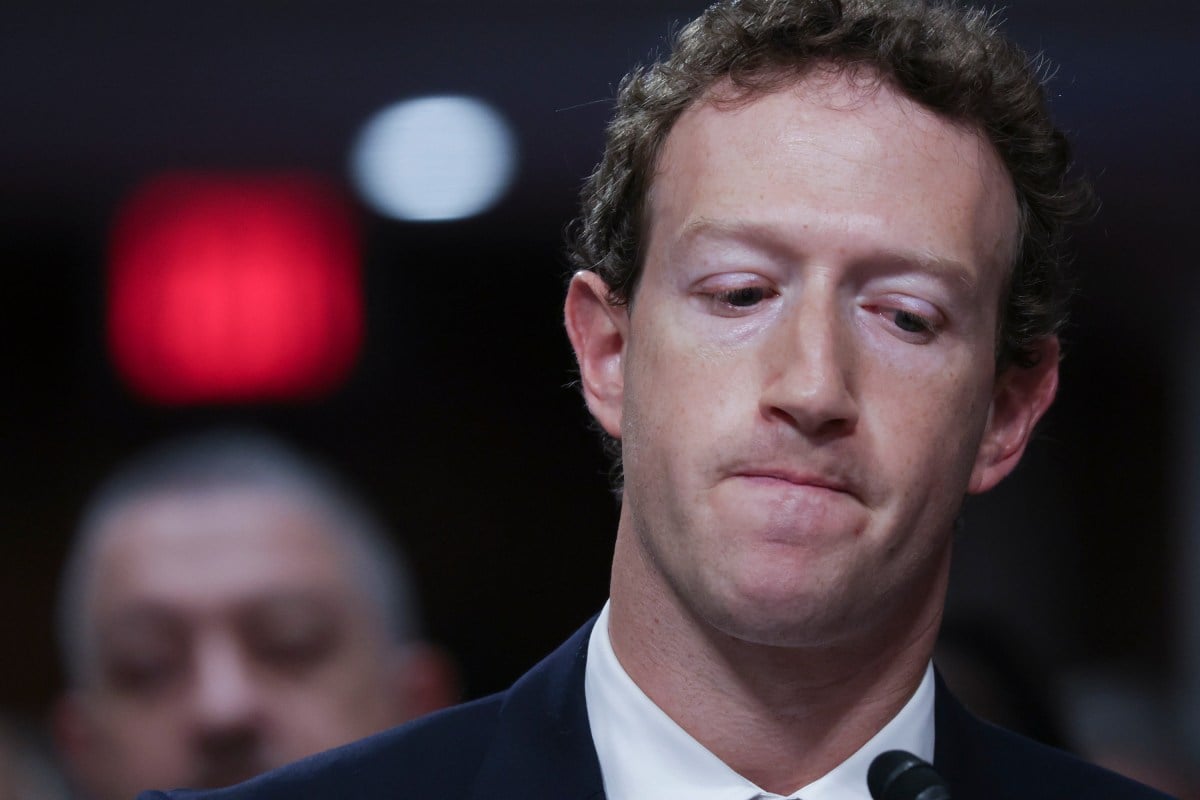Meta tried to gain a competitive advantage over its competitors, including Snapchat and later Amazon and YouTube, by analyzing the network traffic of how its users were interacting with Meta’s competitors. Given these apps’ use of encryption, Facebook needed to develop special technology to get around it.
Facebook’s engineers solution was to use Onavo, a VPN-like service that Facebook acquired in 2013. In 2019, Facebook shut down Onavo after a TechCrunch investigation revealed that Facebook had been secretly paying teenagers to use Onavo so the company could access all of their web activity.
After Zuckerberg’s email, the Onavo team took on the project and a month later proposed a solution: so-called kits that can be installed on iOS and Android that intercept traffic for specific subdomains, “allowing us to read what would otherwise be encrypted traffic so we can measure in-app usage,” read an email from July 2016. “This is a ‘man-in-the-middle’ approach.”
A man-in-the-middle attack — nowadays also called adversary-in-the-middle — is an attack where hackers intercept internet traffic flowing from one device to another over a network. When the network traffic is unencrypted, this type of attack allows the hackers to read the data inside, such as usernames, passwords, and other in-app activity.



This is blatantly circumventing encryption and a violation of the DMCA but lets see the DoJ do fuck all about it.
Right, Biden? Facebook, Good, Tiktok, bad?
Two things can be bad at once.
What Meta did/is doing here is unbelievably shitty (but not that shocking).
That in no way diminishes the incredibly serious implications of TikTok being wholly owned and operated by a PRC-based company, which comes with the implicit but very real and crucial caveat of the CCP will tell you to do just quietly things with your company sometimes, and if you don’t do it, you go to jail indefinitely.
I’d only accept the TikTok argument when it gets applied to all social media companies in equal measure.
We don’t need one-off bans that let the worst offenders get away with exploiting people’s personal data. We need a bill of privacy rights.
So your argument is if the regulation isn’t perfectly applied to every possible instance of a potential violation simultaneously, then it should never be applied? How does that make any sense?
I think it’s a reasonable request that regulations be consistently applied rather than utilized at the whims of corporate favoritism. Facebook deserved a ban well before tiktok was an entity.
As opposed to selective enforcement of regulation mostly informed by nationalism and insider trading?
How is this even a question. XD
You’re focusing on one of the two issues I brought up, and ignoring the other categorically.
If you take off the nationalist filter you’ll see that they are the same issue.
Social networks don’t need middlemen, middlemen need social networks that rely on server/client architecture they can exploit.
deleted by creator
They should break meta up
deleted by creator
While I agree Facebook is also bad, the Tiktok thing is entirely different, because the legal issue is sending Amarican citizens data out to China, which the users agreed to give to Tiktok, but the government doesn’t want to be sent to China. The Facebook crime is secretly snooping without proper user consent.
Except TikTok is using oracle database in America
The point isn’t what they initially store it on. The point is workers in China can access the data and download it or do whatever they want. See here, for example: https://apnews.com/article/tiktok-ftc-investigation-china-data-e91e02db5c4f3f7d5836ecafedbf4714
I definitely see why this would be illegal, but how would the DMCA apply?
It’s illegal to bypass encryption for the purpose of breaking DRM, which is what the app specifically does with Snapchats DRM.
https://www.dmlp.org/legal-guide/circumventing-copyright-controls
That would be if they downloaded the uploaded Snapchats. This takes out web traffic, aka which “locations” your device visited, which 1. isn’t protected by copyright since it’s not a work 2. hasn’t been to Snapchat’s encryption yet. That time Bethesda accidentally shipped a DRM-free version of doom along with the main version, I don’t think opening the DRM-free one would count as circumventing.
The relevant laws here should be about privacy and hacking.
Why did you ask if you already had your answer then? The DMCA has no carve outs.
Because you may have seen some angle I didn’t anticipate.
Not sure what you mean about carveouts.
There’s no exceptions for fair use, if you break the encryption at all then you’re in violation of the DMCA.
deleted by creator
Note that IANAL.
The DMCA is also not specific to the method. Bypassing encryption is legally the same as breaking it.